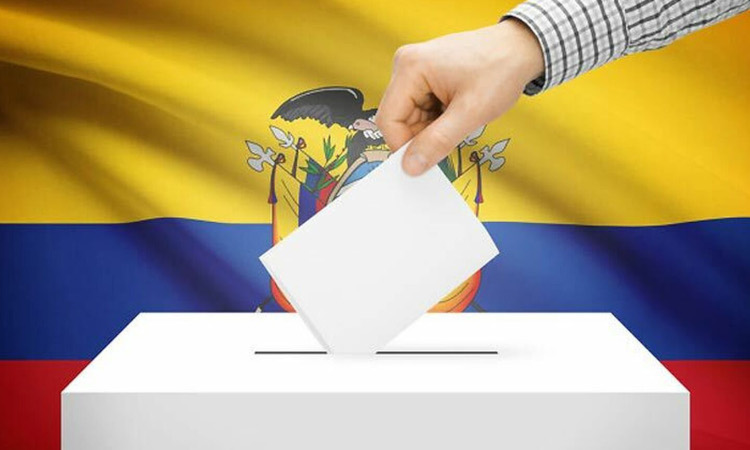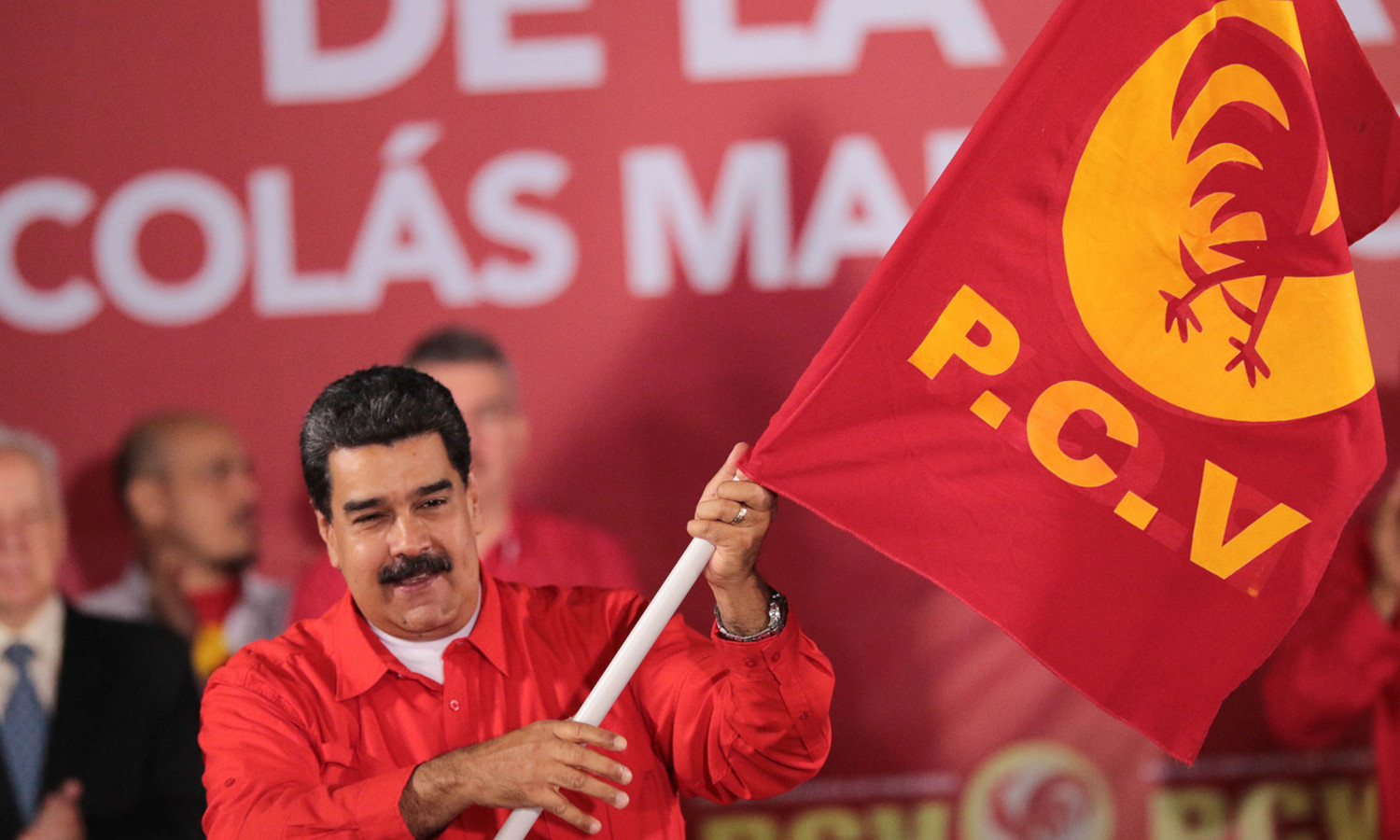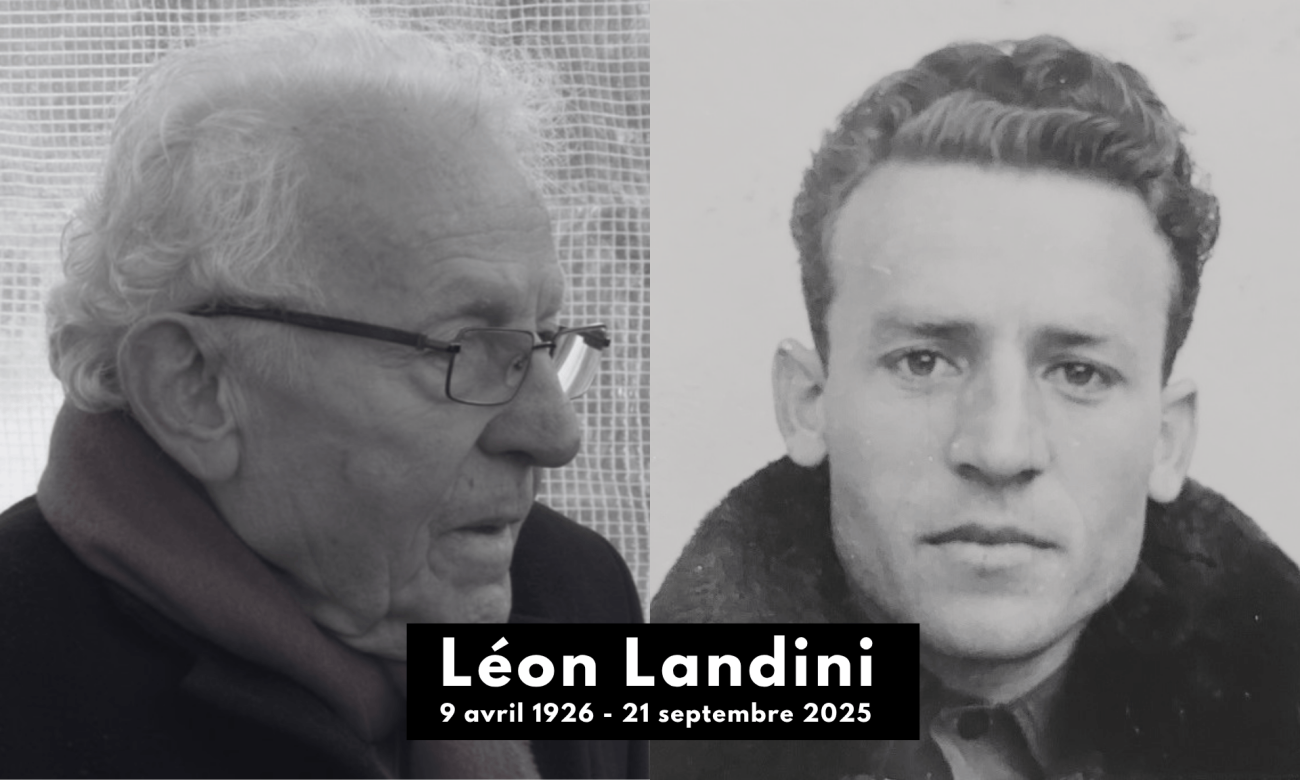The following article was written by a party correspondent in Chile.
*****
On Thursday 18 November, in a Chilean town named Talcahuano, in the Concepcion province 429km south of Santiago, Chilean paramilitary police or carabineros (literally ‘soldier armed with a carbine’) were called to a domestic incident in a children’s home.
Children’s national service MAIN is the state institution whose role is to oversee and run homes for vulnerable and destitute children. The carabineros were met by a group of youths who began to throw stones at them, to which they responded, without stopping to talk, by shooting at two of the youngsters, a 14-year-old and a 17-year-old.
The police then left without offering any assistance to their young victims, leaving it to staff at home to call an ambulance. Later, the police returned and arrested other minors.
This horrific incident was just the latest in a long line of acts of police brutality stretching back through 30 years of so-called ‘democracy’ in Chile. It sparked an immediate national outcry, with demonstrations spontaneously erupting in Santiago and other cities across the country.
Since last year’s uprising (18 October 2019) in towns and cities across Chile, thousands of young people have been held in Chile’s jails without trial, many of whom are still imprisoned to this day. Last week, one youth was sentenced to seven years in jail under national security laws.
The 2019 uprising focused on the rising cost of living, and of transport costs in particular. It was sparked by secondary school pupils taking over tube stations in the capital Santiago and inviting workers to board the trains without paying. This act of rebellion was met with immediate repression by the police, and the movement was infiltrated by hundreds of specialised cabineros whose aim was to create chaos and blame the students for acts of violence.
Some of these undercover agents were caught starting fires and provoking their fellow police officers. Several people were killed, some workers’ eyes were taken out by rubber bullets, and still others were ‘disappeared’. A young woman was found hanging from railings next to a park, presumably killed by the police.
The uprising lasted several months and, at its highest ebb, brought a million people onto the streets, with mass demonstrations and street fighting between workers and armed paramilitary police.
During those marches and demonstrations, it became clear that there was a shock group amongst the youth, whose members were later dubbed ‘the ones of the first line’. They called themselves Acab (standing for ‘All Cops are Bastards’), a name reflecting the habitual police brutality they experience.
After the rebellion died down many Acab members were interviewed in the media, and it emerged that a significant proportion were current or former residents of Sename (Servicio Nacional de Menores) residential homes.
Thus we can see that in a capitalist and neoliberal country like Chile, the oppression of workers starts early, whether it be those born into Mapuche indigenous communities or (as seen more recently) vulnerable youth from disadvantaged communities and Sename children’s homes.
The events in Chile have also exposed how many of these children are often brutalised, raped, drugged and bullied in these homes by their ‘carers’. Ultra-right-wing parties such as the UDI (Independent Democratic Union) habitually refer to these unfortunate children as criminals and drug traffickers, attempting to justify the brutal treatment that is routinely meted out to them.
What was seen in Talcahuano last month is merely the tip of a huge iceberg, and Chileans expect many more details to come to light as time goes on. With the known problems of endemic corruption and the widespread use of drugs within the military and paramilitary carabineros, it would not surprise anyone to find out that what happened yesterday was far from being an isolated occurrence.
In Chile, at least, cases such as these highlight that neoliberalism is nearing its last breath. The dying monster is still dangerous, and lashes out at innocent children and workers with its hardest blows.
Meanwhile, from unemployment and poverty to the health emergency caused by the covid pandemic, capitalism has no solution to the problems faced by ordinary people. In a referendum last month, over 80 percent of Chilean voters opted to change the country’s constitution. Surprisingly, half of those identifying as right-wing and conservative voted for that change. In Chile, people are waking up and are tired of this system.
Change is surely coming, yet the oligarchy hopes that the people can be fobbed off with cosmetic and superficial changes and that it will be able to remain in power. It is our job here in Chile to show people that without a structural change of the system (that is, without the removal of capitalism with its inner and systemic conflicts) we will go nowhere.
Capitalism is at its last breath, and only a re-founding of the country with a new socialist system can save us. We need to change the system, its institutions and the perspective of its people so as to create what Che Guevara called “a new man”, capable of building a new world.













